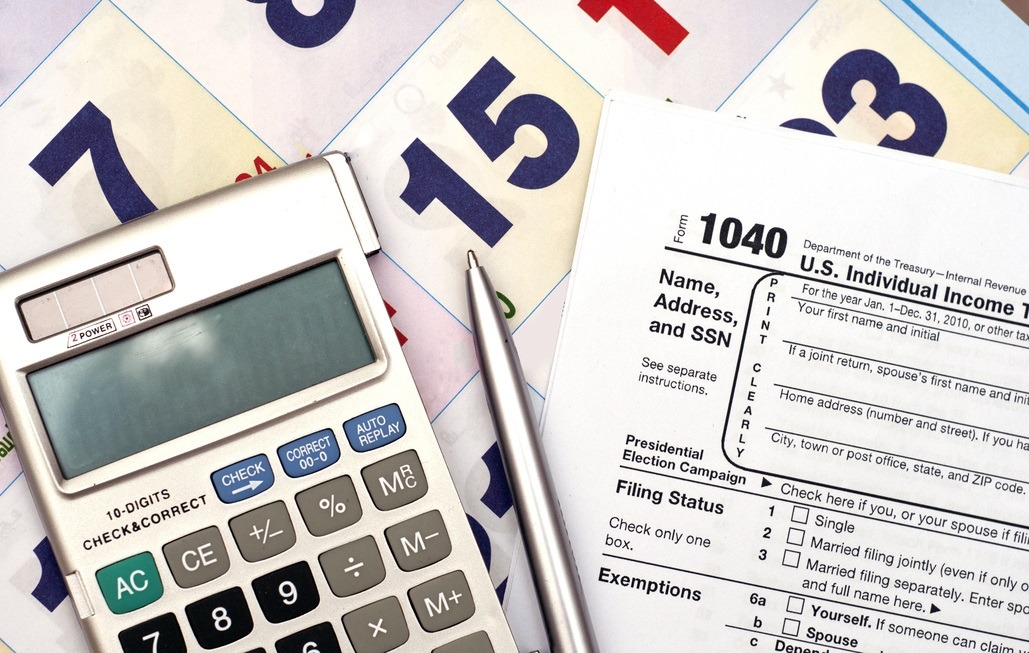The start of the year signals the beginning of tax season—a time when many Americans anticipate their tax refunds. While it can be tempting to splurge on something fun, using your refund wisely can bring lasting financial benefits. Whether your goal is to reduce debt, build savings, or invest in your future, your refund is a powerful tool to take control of your financial health. Here are some smart and practical ways to make your tax refund work for you.
-
Prioritize Paying Down Debt
One of the best ways to maximize your refund is to reduce or eliminate debt, especially high interest debt.
Focus on High Interest Debt: Start with credit card balances or personal loans with high interest rates. Reducing this type of debt not only saves you money on interest but also improves your credit score over time.
Consider the Snowball or Avalanche Method: If you have multiple debts, you can choose between the “snowball method” (paying off the smallest balances first to build momentum) or the “avalanche method” (tackling the highest interest debts first to save the most money).
Make an Extra Mortgage or Auto Loan Payment: If you’re working toward paying off a larger loan, putting your refund toward an extra payment can reduce the total interest you pay over time.
Get Started With a Free Debt Analysis
We make it easy on mobile or desktop. FREE with no obligations.
-
Start or Build an Emergency Fund
Financial experts often recommend having three to six months of living expenses saved in an emergency fund. If you don’t have one or yours is running low, your tax refund is a great way to jumpstart or replenish it.
Set a Realistic Goal: If saving several months’ expenses feels overwhelming, start with a smaller target like $500 or $1,000. Even a modest cushion can help you avoid falling back into debt when unexpected expenses arise.
Choose the Right Account: Keep your emergency fund in a high yield savings account for easy access and the ability to earn interest. Online banks often offer competitive rates.
-
Invest in Your Future
Using your refund to secure your financial future is a smart move that can pay dividends for years to come.
Contribute to Retirement Accounts: If you haven’t maxed out contributions to an IRA or 401(k), your tax refund can help you get closer to your retirement savings goals. Contributions to a traditional IRA may even lower your taxable income for next year.
Pay for Career Development: Consider using your refund to enroll in a course, obtain a certification, or attend a workshop that can enhance your skills and boost your earning potential.
Open a College Savings Plan: If you’re saving for a child’s education, consider contributing to a 529 college savings plan. These accounts offer tax advantages and help you prepare for future tuition costs.
-
Allocate Funds for Essential Goals
Sometimes, the most responsible choice is to handle life’s necessities.
Home or Vehicle Repairs: Use your refund to tackle overdue maintenance or make improvements that increase the value of your property. Preventative care now can save you from costly emergencies later.
Save for Known Expenses: If you have upcoming medical expenses, property taxes, or insurance premiums, setting aside your refund can help you cover these costs without disrupting your budget.
-
Split Your Refund Wisely
If you’re torn between several financial priorities, consider dividing your refund. A balanced approach allows you to enjoy some of the money while making progress on long-term goals.
The 50/30/20 Rule: Allocate 50% of your refund to paying off debt, 30% to savings, and 20% to something you enjoy. This method ensures you’re responsible while also giving yourself permission to celebrate.
Set Up Sinking Funds: Sinking funds are savings accounts designated for specific purposes, like vacation, holiday shopping, or a new appliance. Using your refund to fund these goals can prevent future financial strain.
-
Seek Guidance from a Non-Profit Credit Counselor
If you’re unsure about the best way to use your tax refund, a nonprofit credit counseling agency can help. Credit counselors can offer personalized advice on managing debt, creating a budget, and achieving financial stability. Their expertise can help you develop a plan that aligns with your unique financial situation. The credit counseling is always free.
Conclusion –
This tax season, think of your refund as an opportunity to strengthen your financial foundation. By prioritizing debt repayment, building an emergency fund, and investing in your future, you can turn a one-time windfall into long-term financial benefits. Whether you’re taking small steps or making big moves, each choice brings you closer to a brighter financial future. Remember, you don’t have to do it alone—a non-profit credit counseling agency such as AdvantageCCS is here to help you every step of the way!
